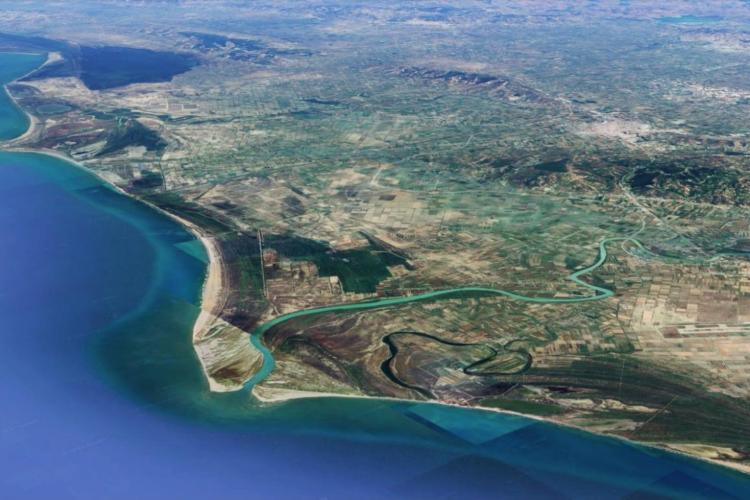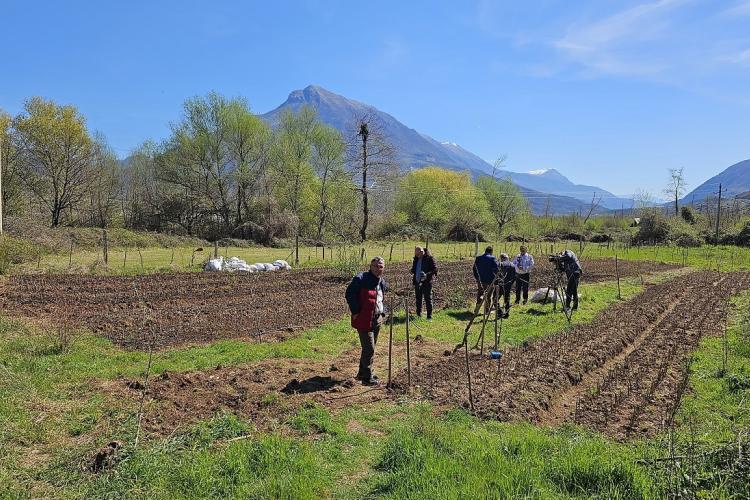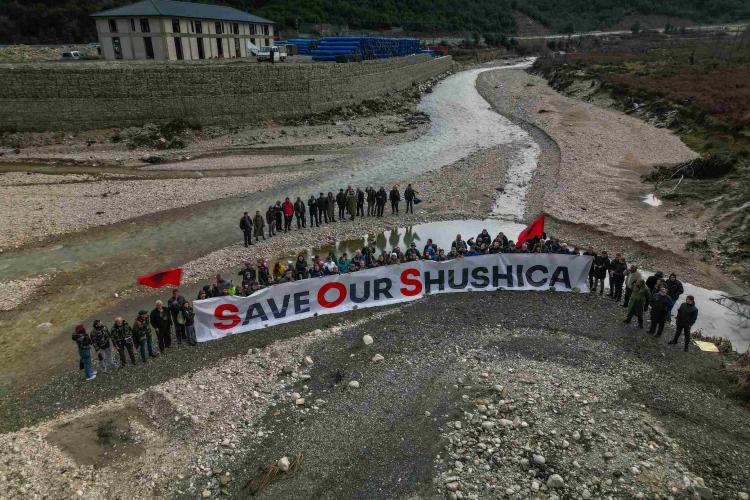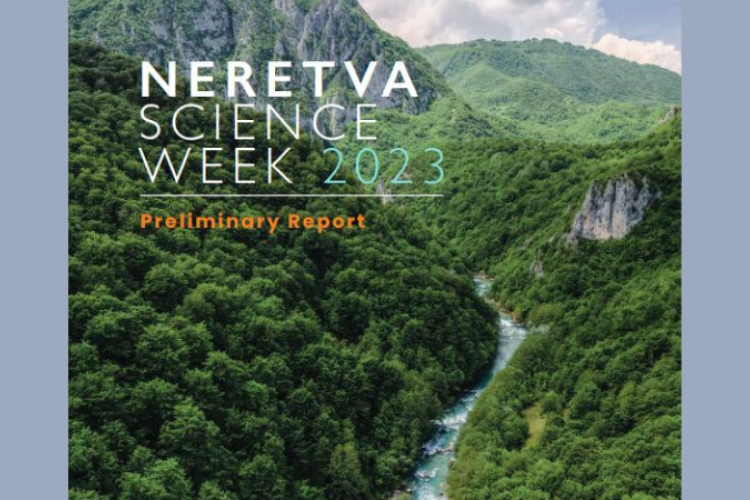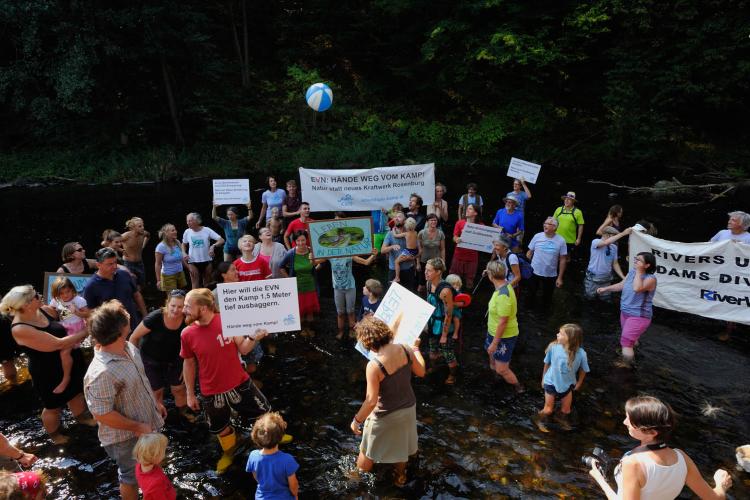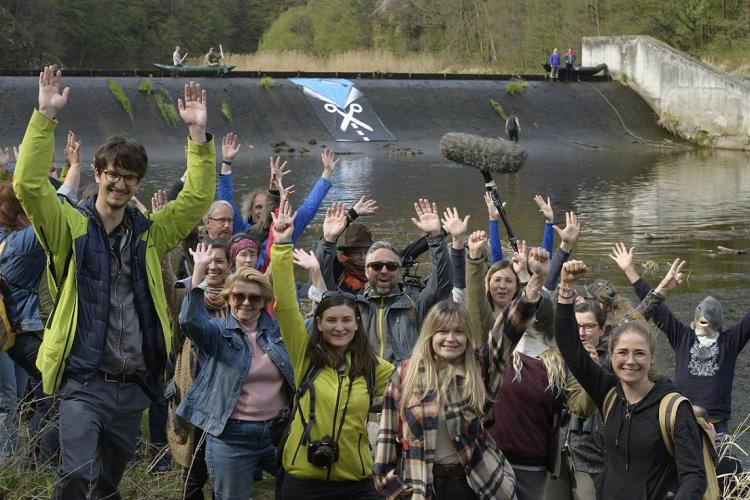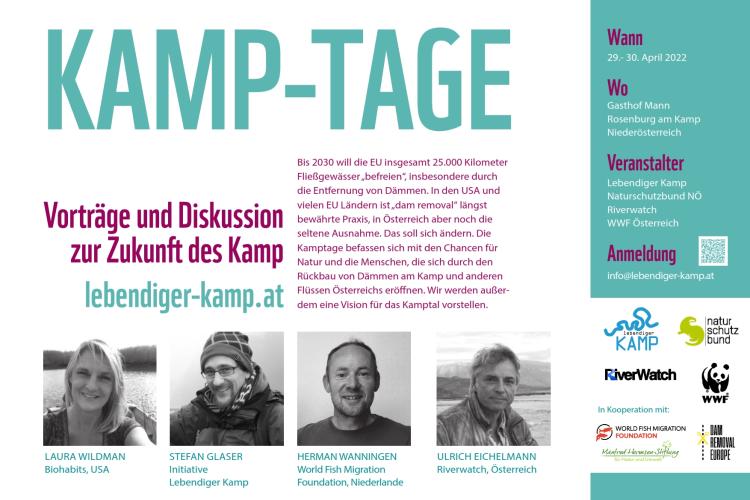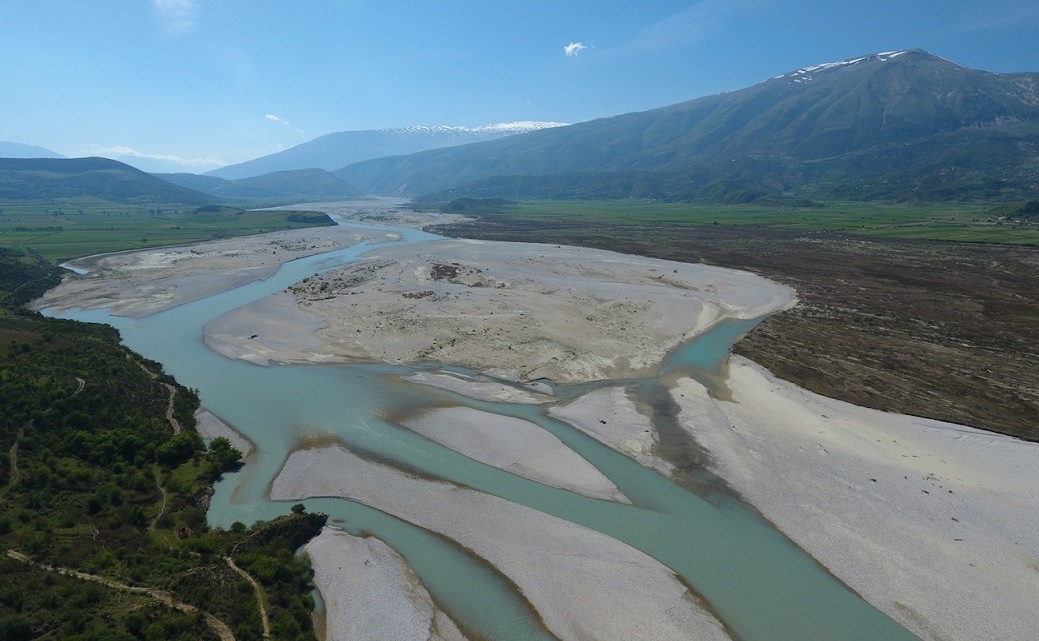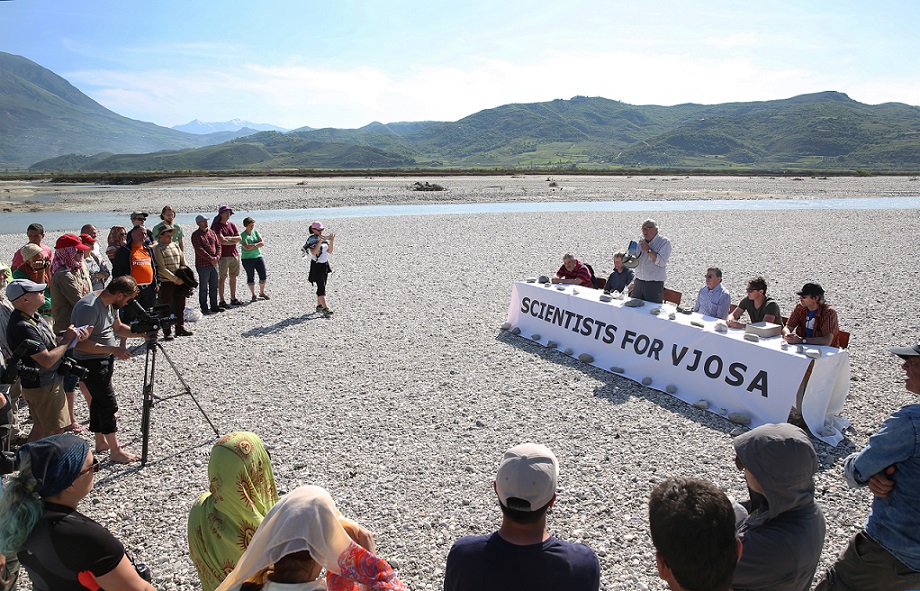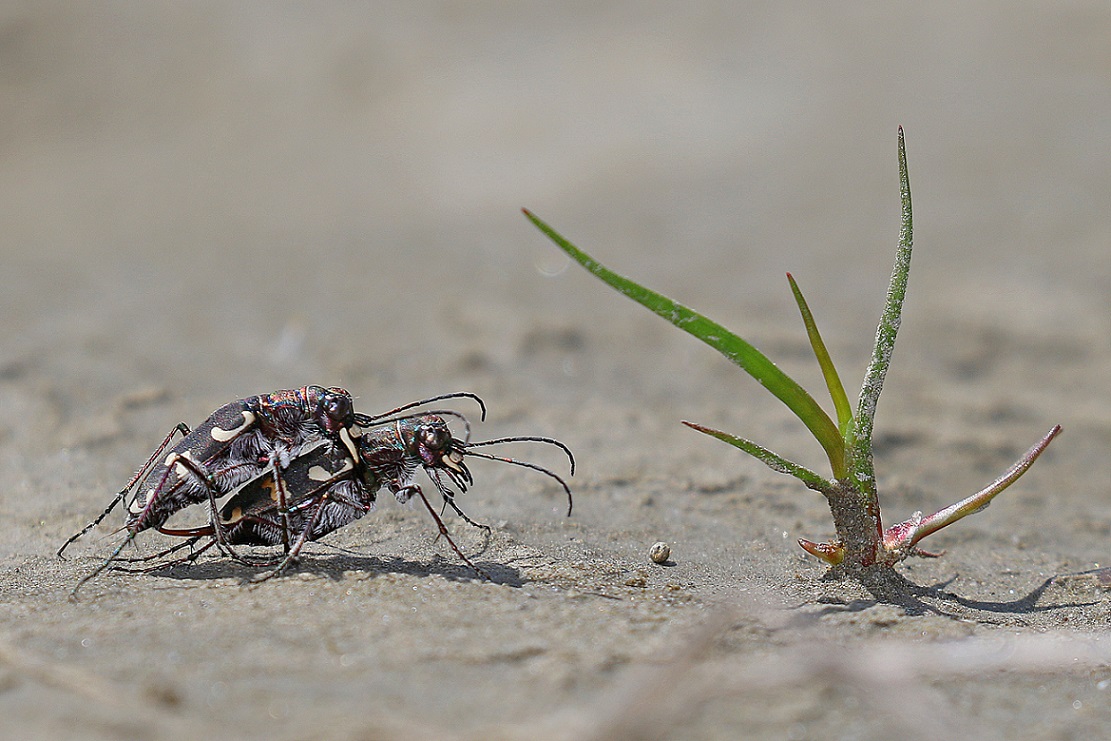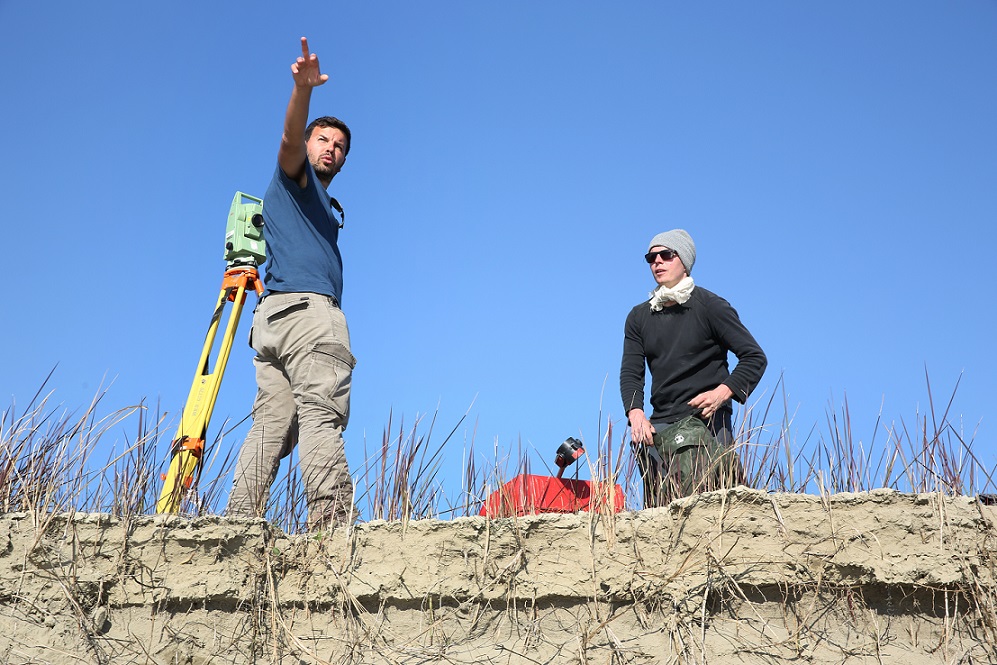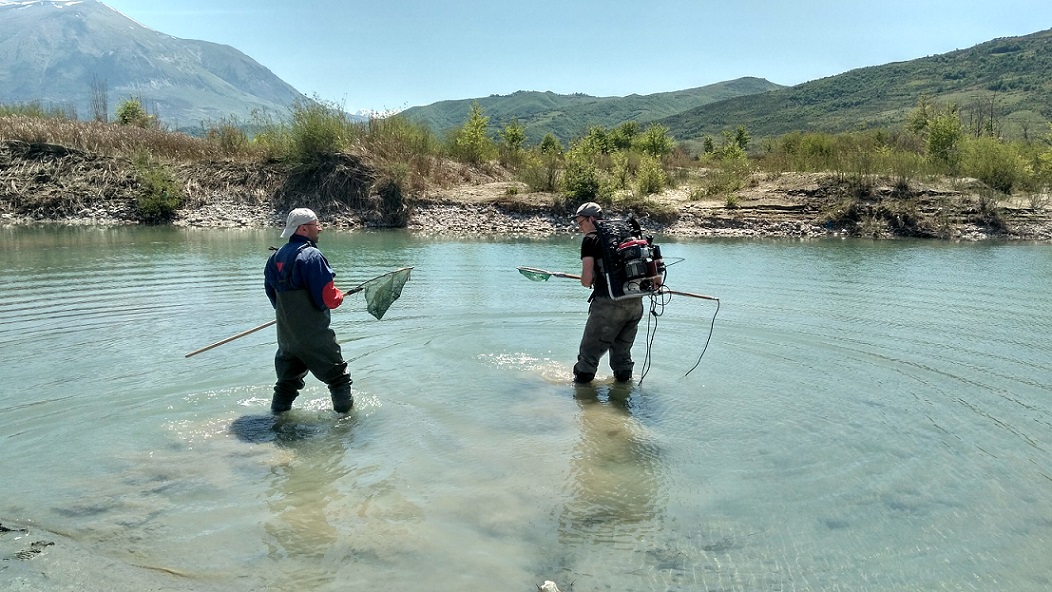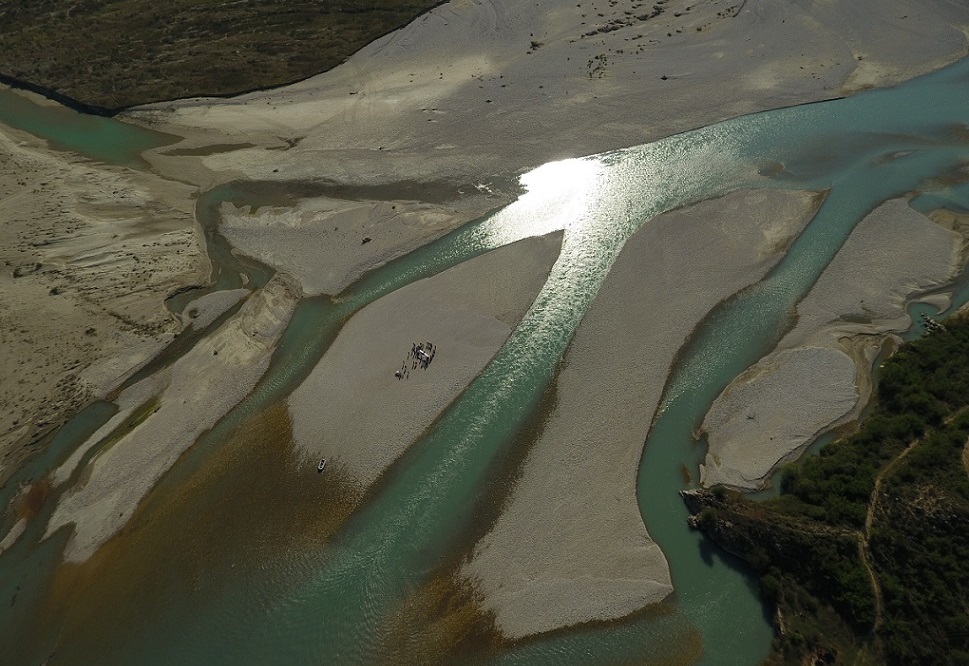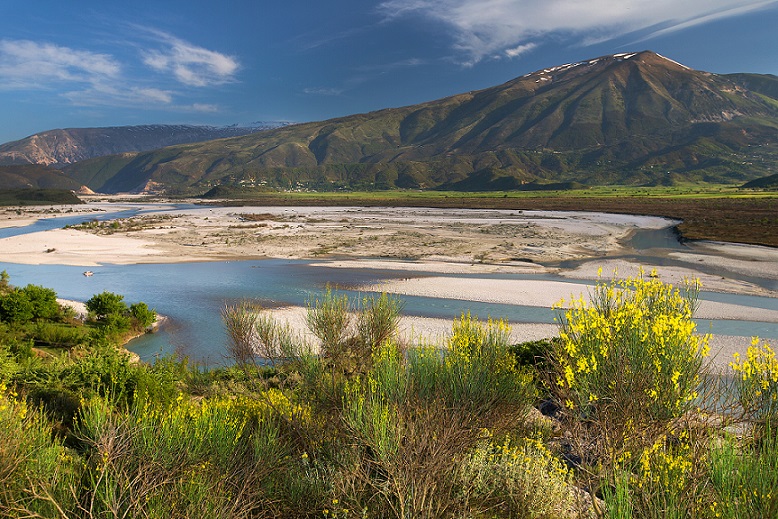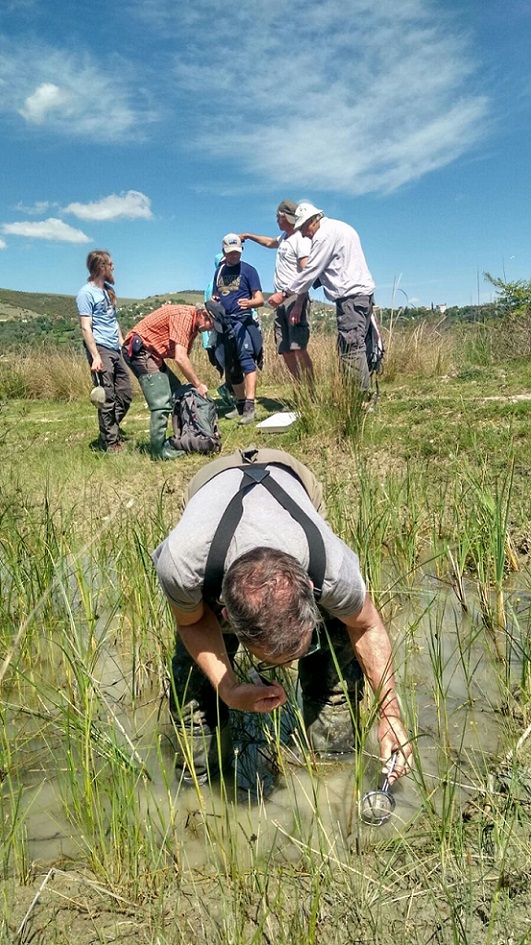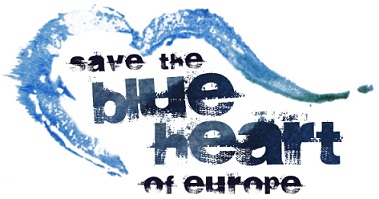 ++ 25 scientists from Austria, Albania, Germany and Slovenia research Europe’s last wild river for a week ++ Press conference held on river island ++
++ 25 scientists from Austria, Albania, Germany and Slovenia research Europe’s last wild river for a week ++ Press conference held on river island ++
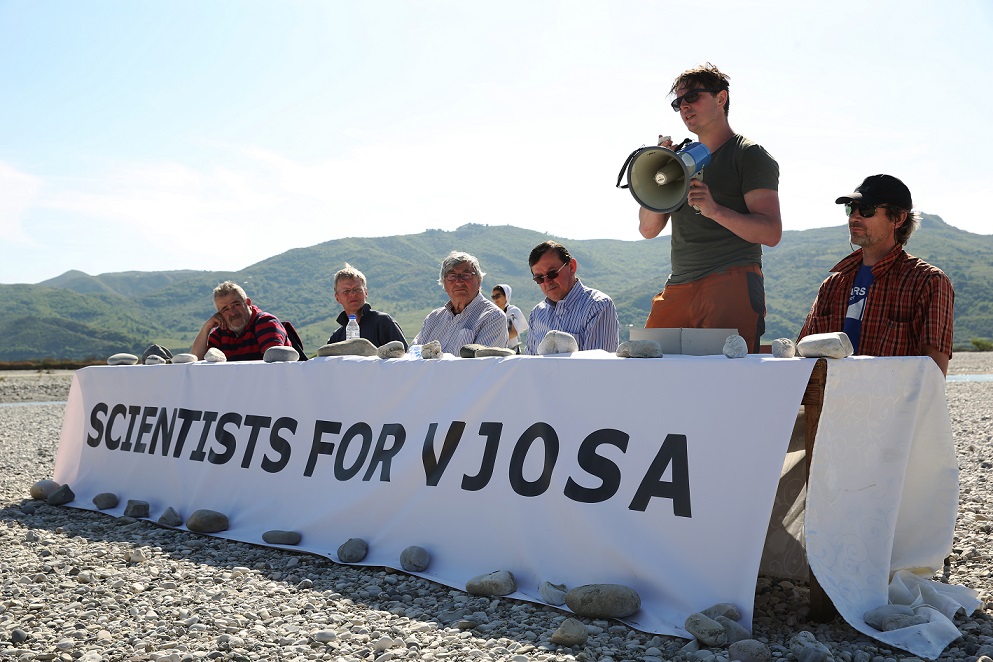 Kutë/Albania, Vienna, Radolfzell, May 2, 2017. A very unusual press conference was held at the Vjosa in South Albania on April 26 – an initiative like this is without par in Europe. On a gravel island in midst of Europe’s last big wild river – the Vjosa – about 25 scientists from four countries gathered to draw attention to the detrimental impacts that are to be expected from the projected “Poçem” dam. They called upon the Albanian government, foremost upon Prime Minister Edi Rama, to stop the hydropower project and carry out a sound assessment of the environmental impacts (EIA).
Kutë/Albania, Vienna, Radolfzell, May 2, 2017. A very unusual press conference was held at the Vjosa in South Albania on April 26 – an initiative like this is without par in Europe. On a gravel island in midst of Europe’s last big wild river – the Vjosa – about 25 scientists from four countries gathered to draw attention to the detrimental impacts that are to be expected from the projected “Poçem” dam. They called upon the Albanian government, foremost upon Prime Minister Edi Rama, to stop the hydropower project and carry out a sound assessment of the environmental impacts (EIA).
The Vjosa is the last big wild river of Europe outside Russia. However, scientifically the river is still a blank page. The international research team is about to change that. Between April 23-29, scientists from Austria, Albania, Germany and Slovenia research a river section – five kilometers in length and two kilometers in width – close to the village of Kutë, which is to be drowned in the dam reservoir. Their research, which will continue until this Friday, includes a first survey of flora and fauna as well as a geodetical survey (profile measurement of the river landscape). “We felt compelled to raise awareness with this unusual activity since a dam project is being pushed through without having properly assessed the effects on the entire river system. Furthermore, we want to demonstrate how a sound EIA is to be conducted for one of the most valuable natural landscape in Europe” says Prof. Fritz Schiemer from the University of Vienna and coordinator of this scientific initiative.
|
|
First results of the research indicate an astonishing diversity and complexity of the landscape. Many animal and plant species which have long disappeared in European rivers are still abundant at the Vjosa. These include a series of flying insects. Furthermore, 20 different species of fish have been recorded in only two days. In the following weeks, the data will be further analysed and a final report will be presented to the Albanian government.
One of the most important in situ surveys was a first mapping of the river landscape. “Our measurements confirm the massive sediment transport of the Vjosa and indicate that the projected reservoir will most likely be filled with sediments within 20 to 30 years. In the medium run, the generation of energy will thus be drastically reduced. This leads to a lose-lose situation. Further measurements are indispensable,” says Dr. Christoph Hauer from the University of Natural Resources and Life Sciences in Vienna.
Downstream of the projected dam, the missing sediments blocked by the dam lead to a drop in ground water levels, drying up of the landscape, loss of species and even to coastal erosion. Prof. Aleko Miho from the University of Tirana states: “The Poçem project not only puts the river section at Kutë at risk, but negatively affects the entire downstream river course all the way to the mouth, including the Narta Lagoon. This has not yet been assessed at all. This week’s initiative should be seen as merely a start. In order to properly assess the actual impacts of the projected hydropower plant, a three-year research program is indispensable.
Drone footage by Gregor Šubic
- The Vjosa is the last big wild river in Europe outside Russia. Along her course of almost 270 kilometers, the river flows entirely unobstructed from the Pindus Mountains to the Adriatic Sea. However, the Albanian government plans to have a hydropower plant constructed at Poçem. The EIA accepted by the government is a farce. A survey of flora and fauna was never conducted, nor were the ecological and hydrological effects downstream of the dam ever assessed. About 60 percent of the EIA text was simply copy-pasted from other documents and where therefore not even site specific.
- The protection of the Vjosa is a key goal of the “Save the Blue Heart of Europe” campaign, which aims to protect the most valuable rivers in the Balkans. The campaign is coordinated by the NGOs Riverwatch and EuroNatur and carried out together with partner organisations in the Balkan countries. In Albania, the local partner is EcoAlbania.
Further information
Prof Fritz Schiemer – University of Vienna friedrich.schiemer@univie.ac.at 0043/69910188845
Prof Aleko Miho – University of Tirana - mihoaleko@yahoo.com 0035/682707208
Cornelia Wieser - Riverwatch cornelia.wieser@riverwatch.at 0043/6504544784

